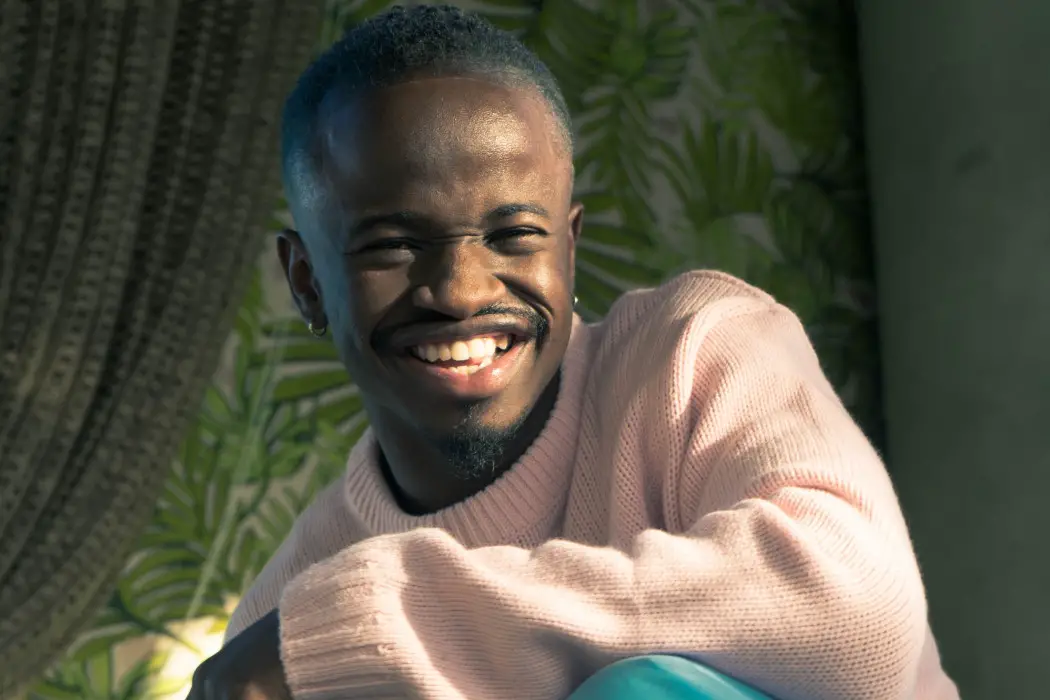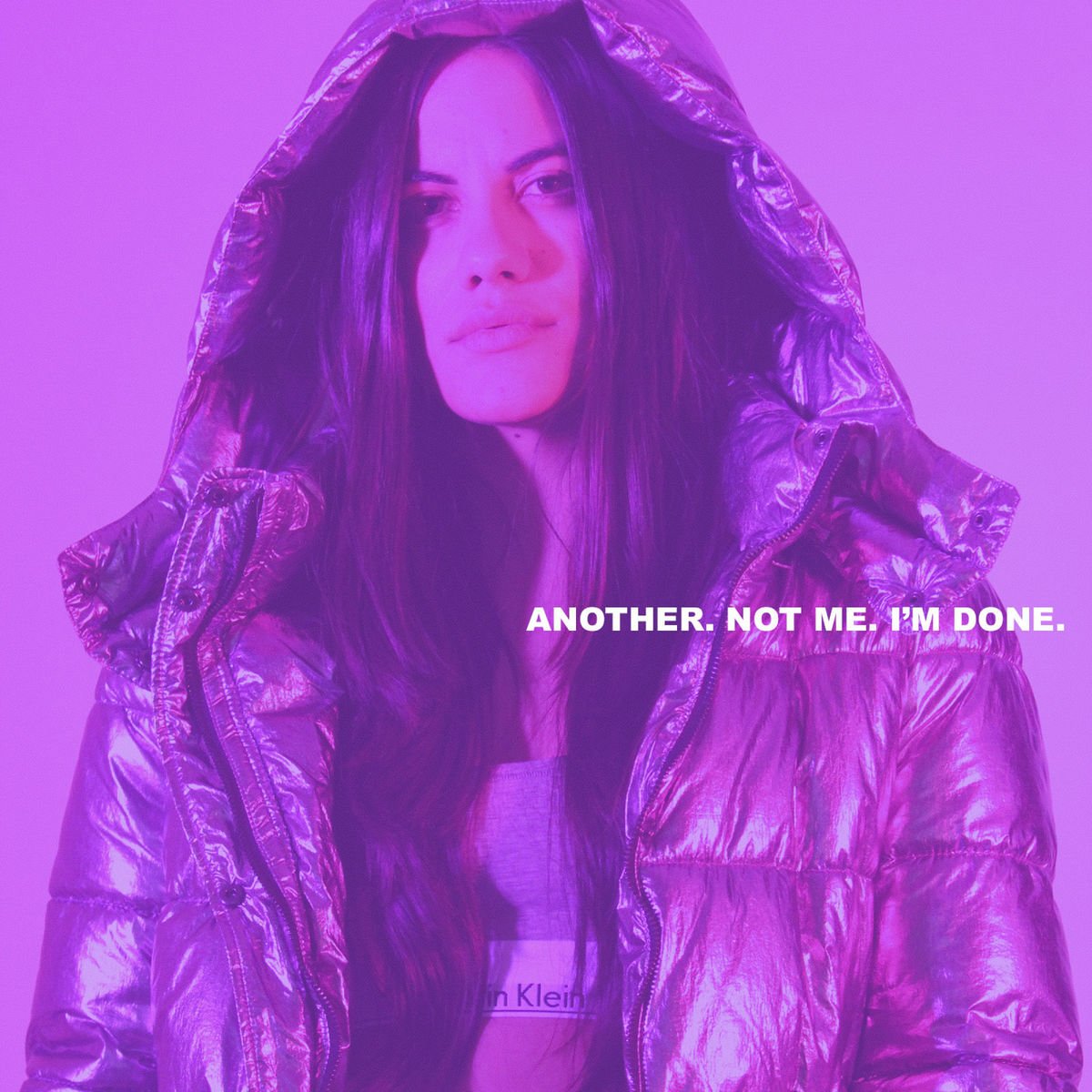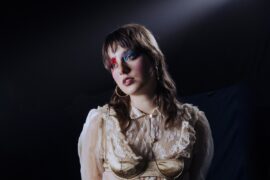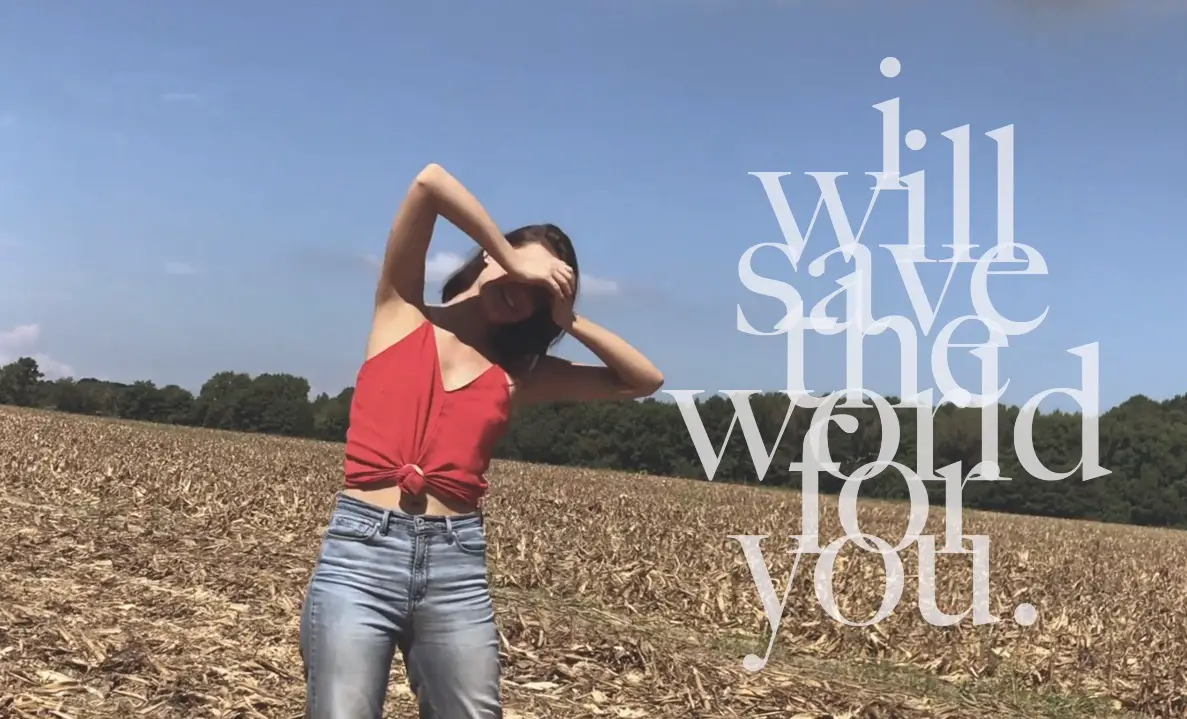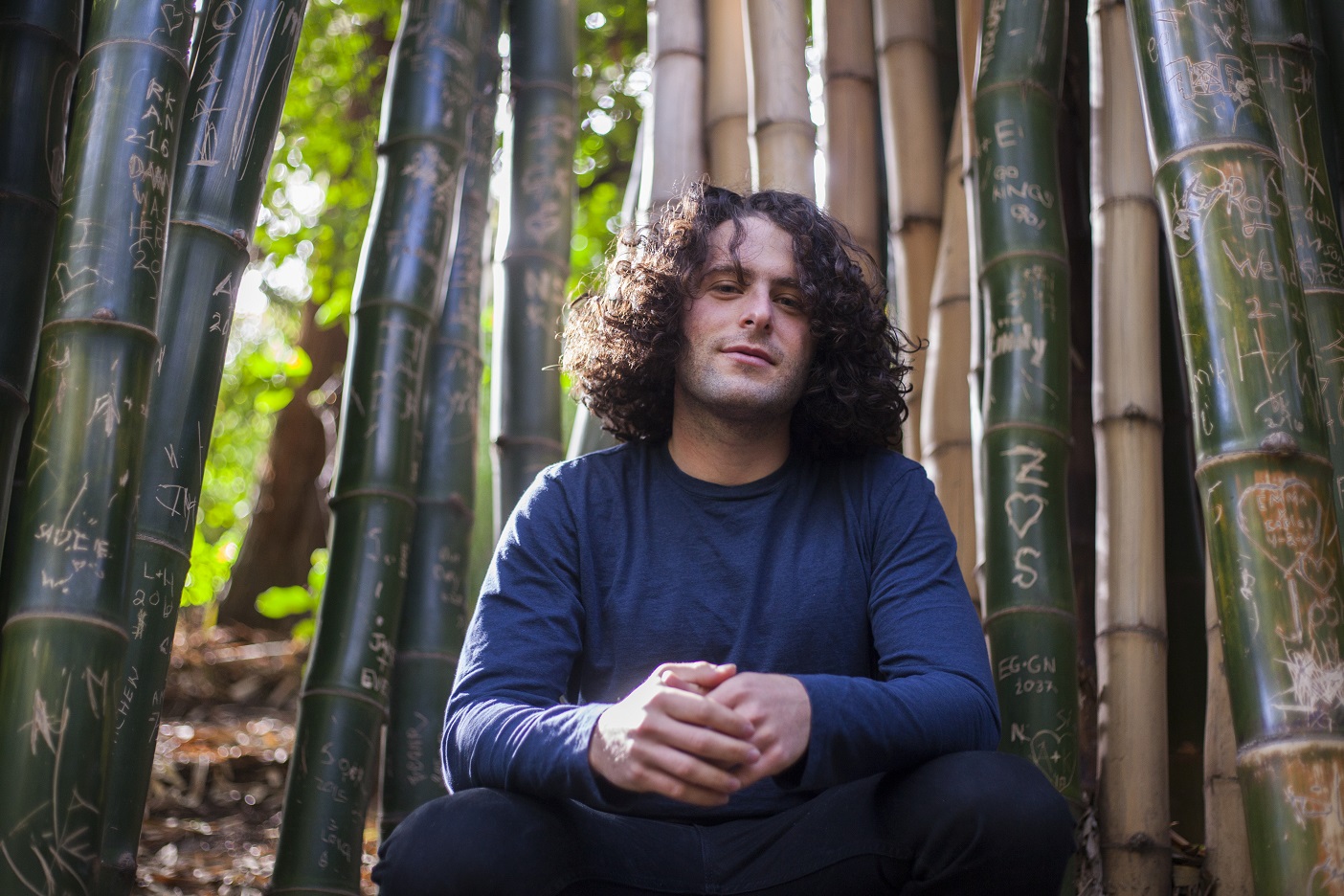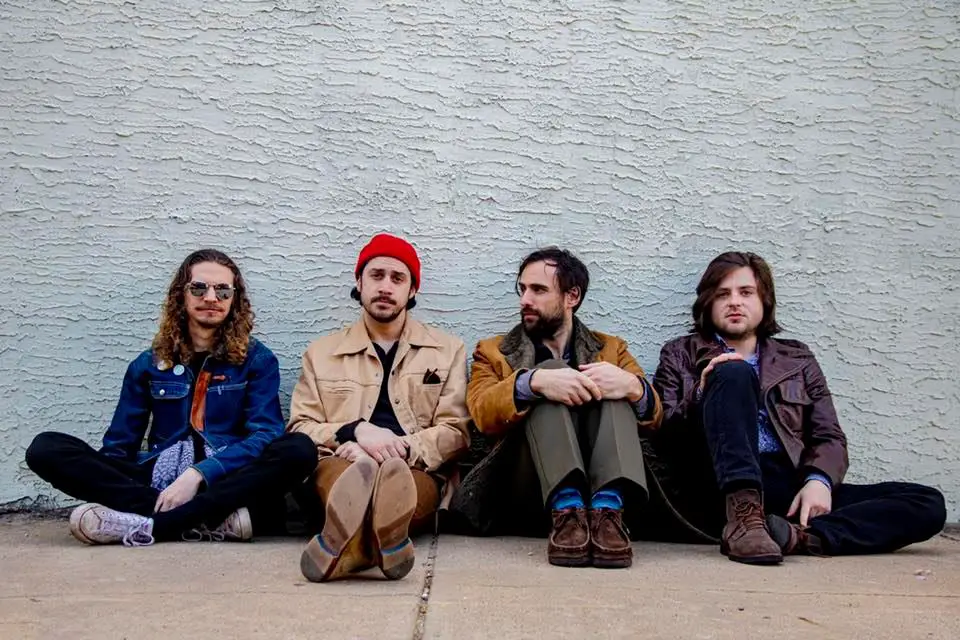Mannywellz discusses his upcoming album, his recent Grammy-winning work, and how being an undocumented immigrant has impacted his music.
by guest writer Julian Robles
— —
There is rice simmering in a pot upstairs. There are kids and a big family, and a late-winter quiet settling over a Maryland home. And tucked into a basement in a suburb east of Washington D.C., Mannywellz is thinking about the bounds of his musical reach. “The older I get the more I realize music is just the start. It’s bigger than music. I used to hear artists say that, ‘Bigger than music’, and I was like ‘What the hell are you talking about?’”
For a couple of years now, Manny (as he is called by friends) has known exactly what the hell they were talking about. The factors that contributed to his status as one of Maryland’s biggest regional musicians, and its most eclectic voice, are manifold. One can point to his collaborations with Wale, his North American tour with Jidenna; yet it was an unexpected collision with the politics to the west, in our country’s capital, that brought Manny to his most-recent heights. With the president announcing in 2017 that he would allow the Deferred Action for Childhood Arrivals (DACA) program to expire, DACA recipients across the country planned a major protest in Washington D.C. in spring 2018. At exactly the same time, Mannywellz was reflecting on his own DACA status and the journey he had taken from Nigeria at nine years old. He released a song titled “American Dream,” which almost seems to mourn the emptiness and pretense of that dream, of his journey to America. Organizers of the Washington protest contacted Manny after hearing the song, and in March 2018, he marched alongside fellow DACA recipients and performed the song for an audience that included his mother and young brothers.
Stream: “American Dream” – Mannywellz
Mannywellz’ music is not overtly political. It is familial. It is religious. It is communal. It is about the confluence of secular and divine love. When asked to comment on the title of his latest EP, SoulFro, Manny describes it as “soul with Afro elements.” He makes clear the distinction between that and Afro-Soul. For Manny, the Afro element is key. Talking drums, undulating choruses, and an undisguised accent are tools for navigating soul, rock, trap, and gospel. His West African roots become a kind of aether, infinitely accessible and at home in any genre. It’s already there, in the silence between sounds, if you just listen for it the way Manny does.
With his Nigerian identity so close to the center of his music, it’s unsurprising that you would find politics at arms reach. After becoming further involved in the DACA activist movement, Manny was eventually approached to contribute to a collaborative album with other DACA musicians. The album, American Dreamers: Voices of Hope, Music of Freedom, was conceived by jazz musician and educator John Daversa. Altogether 53 DACA recipients, from 17 states, and originating from 17 countries contributed to the project, and in February it was awarded three Grammy awards. Grammys mean something — even if they often just mean that you sold a lot of albums— and in this case they mean something more profound than Billboard charts. In this case, it’s bigger than music. The awards are a validation of artistry and a validation of personhood. The award says, “You are here, we hear you.”
So we wanted to hear a little more, and we spoke with Manny while he continues recording his forthcoming album and discussed the Grammy win, his recent projects, and the importance of cultural identity.
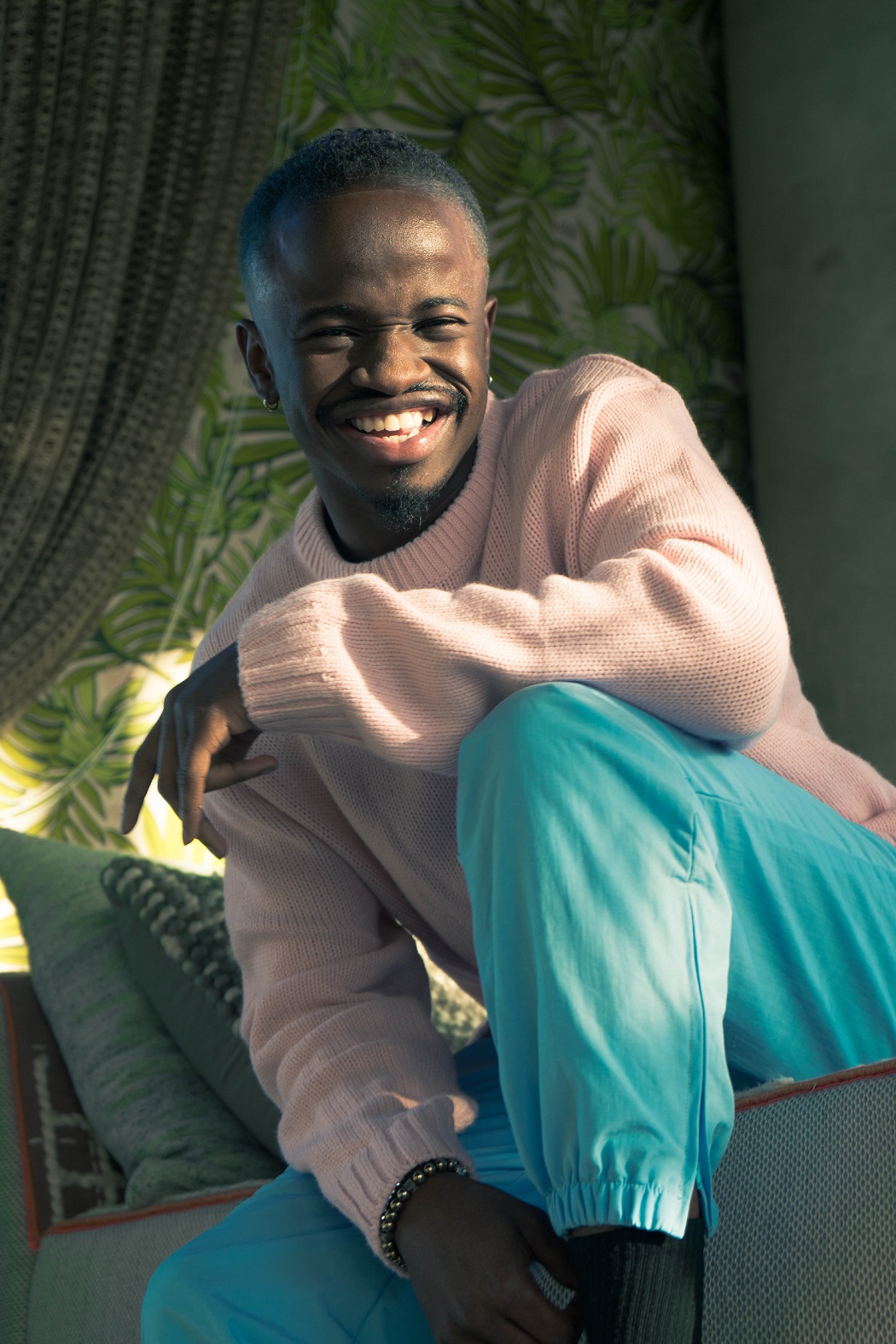
Atwood Magazine: How are you doing? You’re in Maryland right now?
Mannywellz: Yeah, I’m in Maryland right now. I’m in Largo to be exact. This is where I have my studio set up.
Are you recording in House Studio DC (the recording, performance, and media group Manny worked with on previous albums)?
Mannywellz: No that’s a different space. For this new project, I wanted to create in a different environment. In a very laid back, homey. House Studio is home, but I’m set up in my cousin’s basement. I can go upstairs and eat rice, and I can come down, and use the bathroom. I can hear them get in trouble. And I can get inspired by that. But when I’m in the studio, when I come out it’s dark. I go and, I don’t get to watch the sun set. I kind of miss that, I just got tired of studios.
What about this current project demanded a change to the recording environment in such an extreme way?
Mannywellz: I have to be inspired by life. I have to be inspired by non-creatives… kind of speak their language. I really wanted to be inspired by normal things, and not just a beautiful studio every day.
A lot of songs off of SoulFro speak to those themes — community and family. I wonder if your involvement in a big studio and getting bigger, especially with the Grammy, did that make you feel as though you had drifted from the stabilizing center of family?
Mannywellz: Definitely not. It drives me closer. If you get in the industry, it’s crazy. So it just make me appreciate family more, it makes me appreciate being told to sweep the floor. No matter how big you get, I gotta sweep the home and clean the bathroom. I still pick up my brothers. I’m not going to spend the night at my cousin’s house tonight because I have to wake up at seven to take my brothers to school. I appreciate that, and I love it, and I want to do that for as long as I can while I’m home.
How old are your brothers?
Mannywellz: They are thirteen and eleven. And my other sister is about to be twenty-three. I feel this is driving me closer to them.
How much of a grasp do the younger ones have of your music and your career’s rise? Do they look up to you?
Mannywellz: I believe so. They are inspired by my fearlessness. I try to help them feel as if they can do whatever the hell the want to do, whether its sports, whether its music, whether its art. No matter what it is. It’s not impossible, anyone can do it.
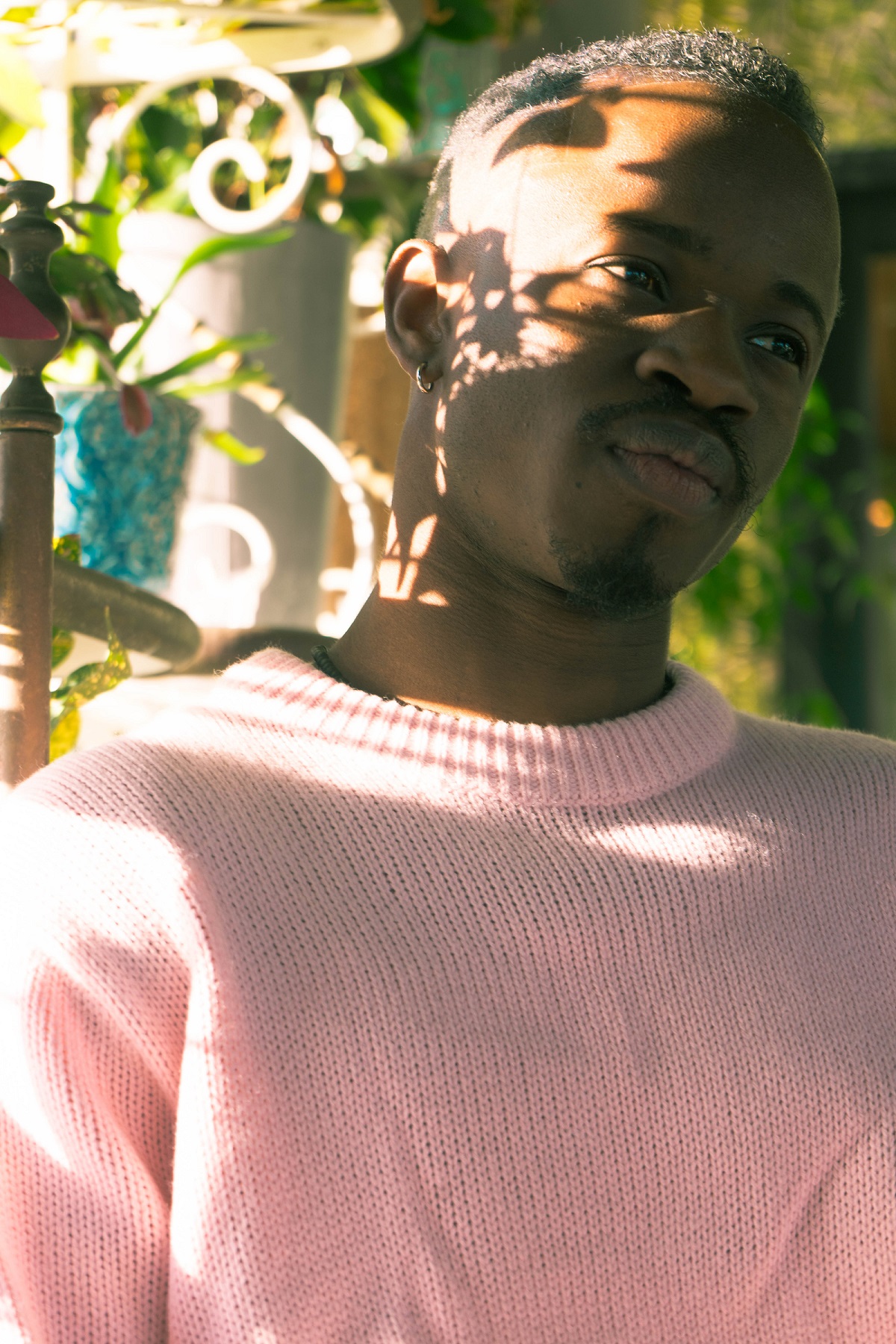
For Manny, the simplicity of family settings provides the backdrop to much of his music. These settings are then explored for all their nuance and dramas, like a book of ancient mythologies. The song “Watermelon” paints a family dinner teetering at the edge between dream and nightmare. On the one hand the table is set with all the rituals of a Sunday communion— chicken, rice, watermelon— and the kitchen is brimming with after-church excitement. You imagine the kids itching to get out of their Sunday best, and grandma beaming at the generations she has mothered. Suddenly though, people disappear, friends turn to Judas, and the table is empty. You see the food disintegrate, rot, and Manny left alone.
Interestingly, family and friendship just as often provide the literal tools for creation as they do the content of his music. Aside from a cousin providing the basement space for a recording studio, Manny is leaning on his extended network of Maryland collaborators for his upcoming album. When asked who he is working with, he says simply “my creative friends here [in Maryland]”, nothing more. In a boyish, sincere catch-all, we see Mannywellz’s earnestness and congeniality revealed. This isn’t his way of blocking anyone’s acknowledgement; no, everyone is a friends on his projects. Perhaps too many to name. Perhaps naming a few means some would be left out. It’s the same kind of ingenuous tone he holds when describing his collaborations with Jidenna and Wale: “I think those [songs] should be coming out on their albums as well. And those guys will also most likely be on my project.”
How did you link up with Jidenna and Wale?
Mannywellz: Jidenna was from tour, I toured with him in 2017. We just remained cool and close. And then I connected with Wale last year— we did a show, Wale & Friends. It was an opening of a new venue. And then right after that he just reached out. I linked up with him and we started cooking immediately. Actually, we started working on stuff before I met him.
I want to shift the discussion of this project, and of your music more generally, back toward family and community. You mention these friends in Maryland. Your career has shown such a regional devotion, collaboration with so many regional acts. As a Nigerian immigrant, where do you feel your ties are strongest?
Mannywellz: I’m Nigerian first and foremost. I can’t hide it, I’m never going to be able to hide it. I have an accent. I guess I can say I also claim Maryland. DMV [the D.C.-Maryland-Virginia metro area], this where I grew up. I haven’t lived anywhere else but the DMV and maybe ninety percent of my friends, or eighty, are from here. Whether they’re now in New York or LA, most of them are from here. This is like my second home.
What are some of the artists from the region that influenced your music when you were say your brothers’ ages?
Mannywellz: Wale for sure. One, because we both have the same name. My middle name’s Wale. It was just dope to see a Nigerian and someone from the area just crushing it. Phil Adé, who’s now Adé. Logic was another person. Logic was big closer to my mid-to-late teenage years.
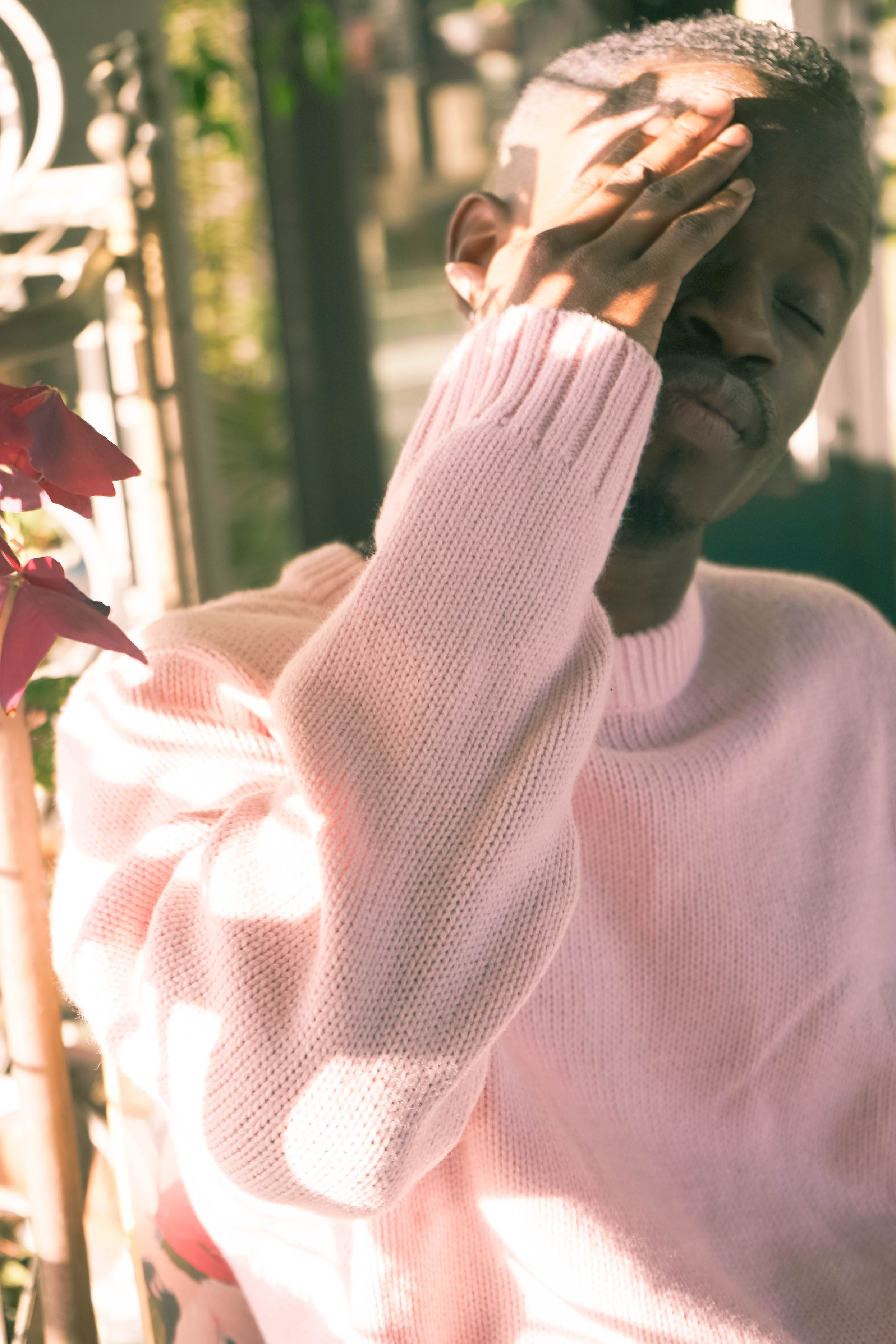
The Nigerian artists on Manny’s list of influences are myriad: “My favorite artist, her name is Aṣa. She’s a Nigerian legend. Any and every Nigerian artist pays homage to her, and respect. What she did, with her sound and everything.” Manny then went on to list such artists as King Sunny Ade, the African pop superstar; Fela Kuti, musical firebrand and international activist; and Manny’s own father, a well-known Nigerian gospel singer.
With music so firmly grounded in religion (Manny has said that his first performances were as part of the church choir) it seems logical to ask if that age-old tension between secular and religious music ever created tension in his home. Were there ever moments when his father was alarmed at the sight of his son listening to rappers and rockstars? The answer is a resounding no. In Mannywellz’s home, music is music. His household never drew a distinction between the secular and the religious. Jay Z, Ryan Leslie, and Kanye West were all fair game.
Those challenges to his music came from outside his home, when Mannywellz emerged as the Nigerian immigrant kid talking about God, about being true to yourself, and singing covers of Kendrick Lamar’s “Alright.” While his fame blossomed largely unfettered, some people were blatant in their dislike of it: an early listener was so audacious as to approach Manny and let him know that the music hadn’t connected with him. “It was real, though,” Manny says of that moment. “You really can’t create for everyone.”
Speaking of mixing cultures, the regional and the immigrant experience, I want to turn to the the Grammy-winning jazz ensemble you were a part of. How did that come together?
Mannywellz: This guy named Steven [Weber] hit me up on Instagram. He’d seen my work on DACA and everything involving DACA and he was working on this project, this jazz project, and he would like for me to be a part of it. He had also been a part of other Grammy-winning projects. That wasn’t even a big deal to me, it was just like, “Oh this is a DACA project,” cool send it right here.

So you didn’t even know at the time, the scope of how big it would become?
Mannywellz: I wasn’t thinking about it. I say that because he mentioned what John Daversa and those guys have done and the Grammy projects he’d been a part of, but I’m never moved by trying to name drop, or all that. “Is the music dope? Or are you a dope person? Cool, let’s do something.”
So he sent it over and we listened to it and we got in contact with other DACA creatives that we knew. It wasn’t a lot, but like three or four other people. I did some background stuff, I played some piano on some tracks. It was a really fun process because they just kind of [said], “This is an idea, do whatever you like. We’ll keep and take whatever we want.
American Dreamers: Voices of Hope, Music of Freedom
How do you feel that the DACA label interacts with your identity? More so than simply being an undocumented immigrant, but being a part of this unique community of people given a protected, albeit tenuous, status. Do you feel a unique connection to them? I’m thinking of what happened with 21 Savage recently.
Mannywellz: Nah, I’m definitely like super connected. It’s a lot of us. It’s like 800,000… I want to reach as many of them as possible just so that they can see what I’m doing. They don’t even have to necessarily be really outspoken about it, but I just want them to keep going. That’s really it. Because I feel like a lot of them are afraid to move in fear. It’s not a good thing to do in your everyday life. You don’t want to go to work fearful. You don’t want to be in a relationship fearful. You don’t want to make business moves fearful.
Before the political dangers became so acute, did your immigration status ever register in your mind as an impediment or danger?
Mannywellz: It recently just kicked. Right before tour [with Jidenna] in 2017. It was like, man, I have these big dreams and these big goals and I know a few other people that have big ideas but just don’t move on it because of their situation, but I’m moving as if I have no restrictions. It hit me, and I feel like I was just given that mantle to inspire— yes inspire the world, inspire people— but you have to inspire these kids. That happened closer to the summer of 2017. Ever since then I’ve been trying to connect with as many of them and motivate them.
Do you have other artistic pursuits that you feel achieve similar ends as music, that reach to that bigger thing you described?
Mannywellz: Definitely film. Storytelling in general, however. I’m partnering up with an artist to tell stories with pictures. Partnering up with some filmmakers. I also want to act eventually. Yeah, just find different ways to tell stories. Giving back.
What is your story to tell? On all of your albums, what have their stories been?
Mannywellz: A message of hope. It’s very cliché. Hope. Everything is wrapped under hope. Being hopeful for something.
— —
Julian Robles is a writer and Citibike aficionado based in New York City. He writes fiction and mostly covers hip-hop. Contact: julianvrobles@gmail.com // @PBJ_Robles
— — — —

Connect to Mannywellz on
Facebook, Twitter, Instagram
Discover new music on Atwood Magazine
? © Melani B
:: Stream Mannywellz ::
[soundcloud url=”https://api.soundcloud.com/users/22122094″ params=”color=ff5500&auto_play=false&hide_related=false&show_comments=true&show_user=true&show_reposts=false” width=”100%” height=”450″ iframe=”true” /]

